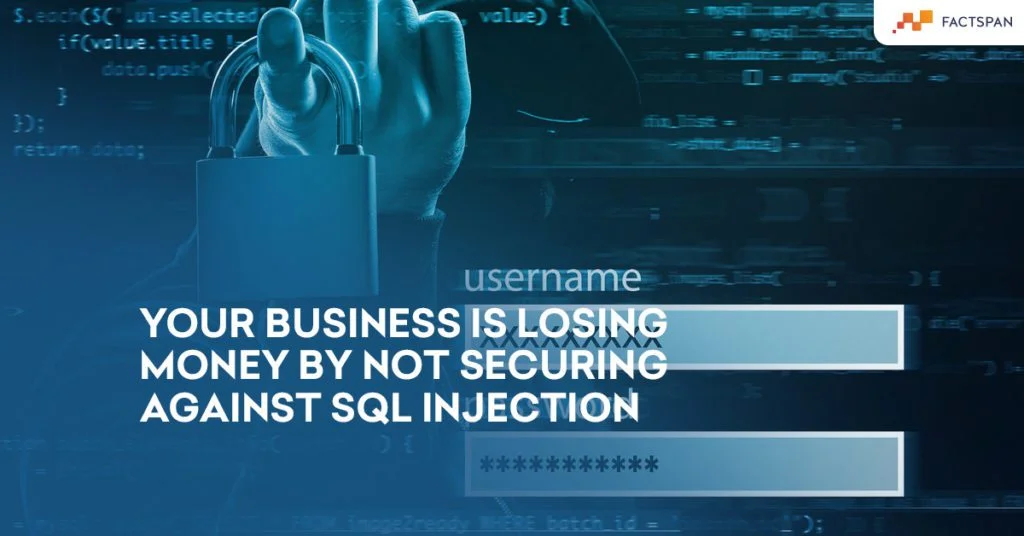Data is a currency in this era. Therefore, hackers are constantly looking for ways to attack the organization’s confidential data. One such type of cyber attack is SQL Injection. Generally, modern frameworks, when utilized properly, protect almost every time against SQL Injection attacks. However, it’s almost impossible for most organizations to keep up with the updates in technology.
According to Freepik Co., an SQL injection attack led to the leak of 8.3 million email addresses, and of the 3.7 million hashed passwords, 3.55 million were hashed using bcrypt, and 229,000 were hashed using Message-Digest Algorithm (MD5).
Moreover, security experts warn users from using MD5. Because it is observed that passwords hashed by MD5 are more likely retraced back by hackers. Before diving into the solutions of SQL Injection, let’s first start with understanding the meaning of SQL injection.
What is SQL Injection?
Going by the definition, SQL injection is a technique to attack websites and web applications. Malicious SQL statements are inserted into the login field for execution. Mainly, it exploits a security vulnerability.
SQL is a language that speaks with databases. Back in the day when websites came along, developers started experimenting with incorporating websites with databases. So, the databases acted as a treasure chest from which things were pulled out once the request from the website was sent. Some programming languages adapted the request game easily, but some did not.
PHP is one such language in which the request is not written in a prepared statement format. What the prepared statement does is that it tells the database that it treats the input as a statement and not a command. Hence, the database does not abruptly answer the statement rather it waits for the final command to enter. It takes one mistake, anywhere in your application for instance a programmer forgets to put quotation marks or messes up the original data using Unicode characters. If the coder is not using prepared statements, the application is vulnerable to SQL Injection.
How Can Your Business Protect Itself
The first question to ask here is why should businesses care about SQL Injection? By now you must be aware that databases are the central repository for all the organization’s data. Hence, SQL Injection impacts the Structured Query Language (SQL) which is used to communicate with databases.
In other words, organizations generally use SQL queries for security controls like authentication, hackers could modify the query to avoid security. In turn, the hackers will gain access to control the confidential data as per their will. So, if a database is being compromised, every organization must find a way to protect it. Here are 3 things your organization should be doing to prevent SQL Injections attacks.
- Prepared Statements:
Coders first define the SQL logic, compile it and then insert other parameters right before execution. Thus, they make sure there is no loophole left for hackers to alter the SQL query.
- Whitelisting:
Whitelisting refers to as a practice of accepting legitimate input values
- Typecasting:
This practice can partially opt in place of prepared statements. For instance, if a user wants to retrieve an email id from a user ID, coders can use typecasting to let the sql query know beforehand that it will only take integer values.
- Escaping:
This practice carefully cleanses the input beforehand. In other words, it removes or encodes special characters that may alter the SQL logic.
Given these points, businesses can prevent themselves from incurring costs that exceed $196,000. Furthermore, SQL injection attacks are easier to execute as they do not require expensive botnets or greater knowledge. However, the attacks can be costly and lead to a wide variety of cascading effects, but the most prominent of these is a data breach or data exfiltration.
The costs of data breaches vary widely across industries. According to the security report from IBM, data breach costs rose from USD 3.86 million to USD 4.24 million, the highest average total cost in the 17-year history of this report. Ultimately, making the business more vulnerable to data breaches in the future by SQL injection.
